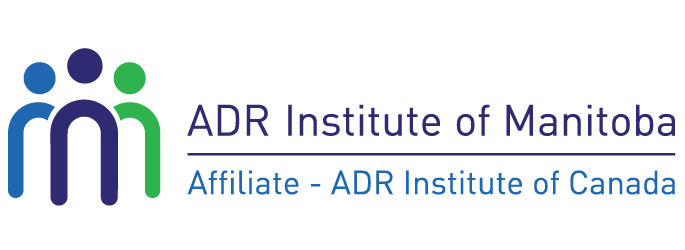
For decades now, the acronym “ADR” has typically been used as a stand in for the mouthful: Alternative Dispute Resolution. At the ADR Institute of Manitoba, and here at Facilitated Solutions, we prefer to see ADR as APPROPRIATE Dispute Resolution.
Here’s why:
Mediation, arbitration, med-arb and other non-judicial dispute resolution mechanisms are increasingly become mainstream. Moreover, we WANT them to become mainstream! So labelling them as “alternative” only serves to reinforce the notion that these are “fringe” processes and don’t have a central role to play in dispute resolution.
And anyway, “alternative” to what? Typically implied here is “alternative to litigation”. And a deeper (and unspoken yet clear) implication is that the courts are, by their very nature, bad and therefore to be avoided.
Part of the reality is that litigation has historically been overused as a mechanism to resolve disputes, often disputes that would be more appropriately addressed using less punitive, more collaborative processes. (Think sledge-hammer and fly…)
Here’s the thing. Sometimes, litigation IS the most appropriate resolution mechanism. It’s unfair and counterproductive to devalue the important role the courts play in helping people resolve complex and protracted disputes. We need to stop valuing one tool or set of processes over another. We need to start valuing each process for its own very critical role that it plays.
It’s not about the primacy of any one dispute resolution process,
it’s about choosing the most appropriate process.
So, the next time you hear the acronym ADR, think: APPROPRIATE Dispute Resolution. This small shift in thinking can create change in the way we understand our options in conflict.
For more on our local ADR scene, visit the ADR Institute of Manitoba.
And, better yet, consider becoming a member of our growing and thriving community of practitioners, academics, lawyers, aspiring mediators/arbitrators, students and end-users!
